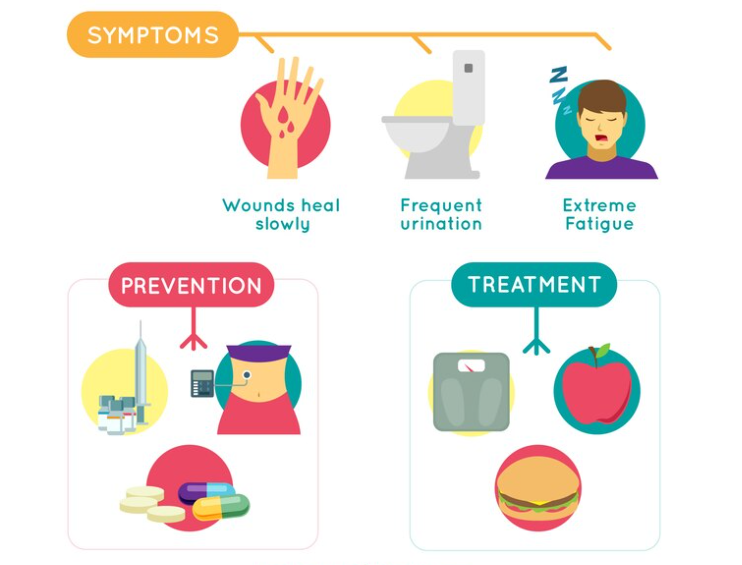
Recognizing the Symptoms of Diabetic Ketoacidosis
Diabetic ketoacidosis (DKA) is a serious complication of diabetes that can be life-threatening if not treated promptly. Hormones play a crucial role in the development of DKA, influencing various bodily processes. Recognizing the symptoms of DKA is essential for early intervention and preventing complications.
Common Symptoms of Diabetic Ketoacidosis:
- High Blood Sugar Levels: Elevated blood sugar levels are a hallmark sign of DKA. Symptoms may include excessive thirst, frequent urination, and blurred vision.
- Ketone Buildup: When the body breaks down fat for energy instead of glucose, it produces ketones, leading to a condition called ketosis. Symptoms of ketosis include fruity-smelling breath, nausea, vomiting, and abdominal pain.
- Dehydration: DKA can cause dehydration due to increased urination and fluid loss. Symptoms of dehydration may include dry mouth, dry skin, and feeling lightheaded or dizzy.
- Electrolyte Imbalance: DKA can disrupt the balance of electrolytes in the body, leading to symptoms such as weakness, fatigue, and irregular heartbeat.
- Confusion or Drowsiness: In severe cases of DKA, individuals may experience confusion, drowsiness, or even loss of consciousness. This is a medical emergency and requires immediate treatment.
Understanding Hormonal Influence:
- Insulin Deficiency: Hormones like insulin play a crucial role in regulating blood sugar levels. In DKA, insulin deficiency leads to uncontrolled blood sugar levels and ketone production.
- Stress Hormones: Stress hormones like cortisol and adrenaline can exacerbate insulin resistance and contribute to elevated blood sugar levels, worsening DKA symptoms.
- Fluid and Electrolyte Balance: Hormones such as aldosterone and antidiuretic hormone (ADH) regulate fluid and electrolyte balance in the body. Imbalances in these hormones can worsen dehydration and electrolyte abnormalities in DKA.
Seeking Medical Attention:
If you experience any symptoms of diabetic ketoacidosis, it’s essential to seek immediate medical attention. DKA is a medical emergency that requires prompt treatment to prevent complications such as coma or even death. Contact your healthcare provider or go to the nearest emergency room for evaluation and treatment.
To seek medical advice, always consult a Doctor. Here are our recommended experts. Click Here
To read more on Diabetic ketoacidosis. Click Here


